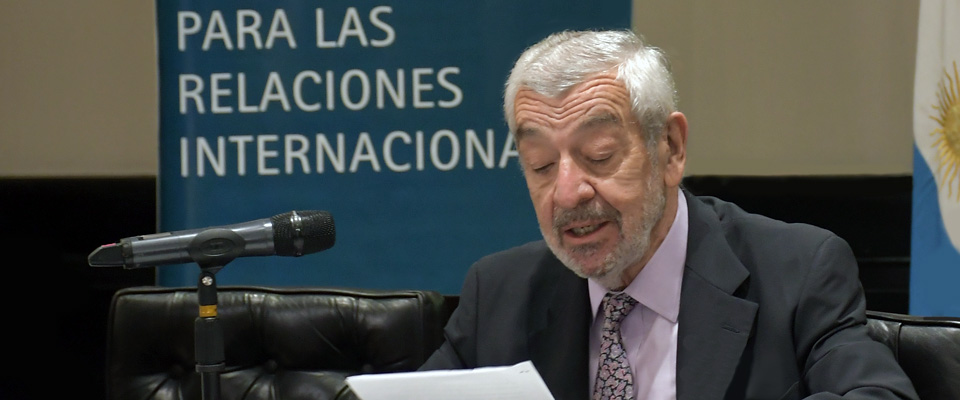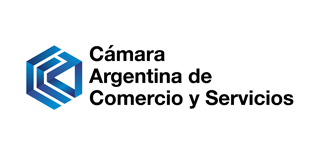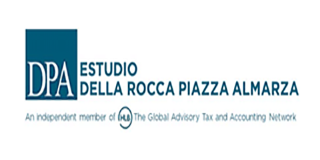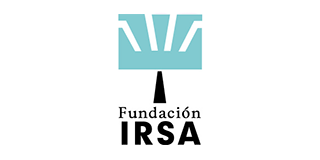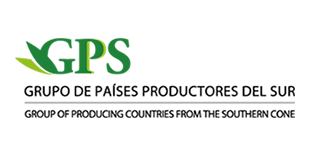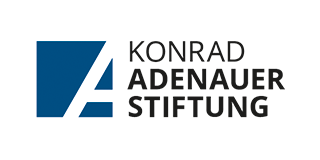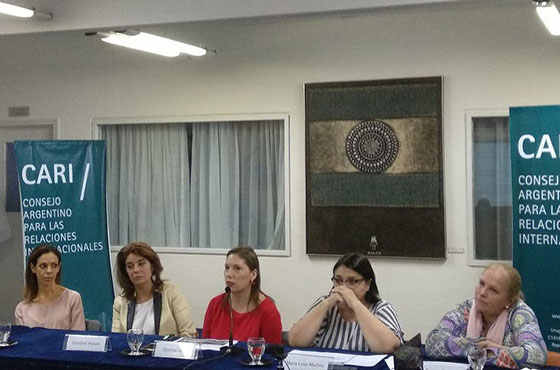
March 27, 2018
Academic session organized by the Grupo Joven (CARI)
Written by Julia Carro
The female personnel have demonstrated that they can perform the same tasks as their male counterparts, with the same level of efficiency and under the same conditionsTamar Hahn
During this year’s Women’s Month, a group of experts got together to debate about the role of women in conflict resolution and in the consolidation of sustainable peace. Ana Lucía Mucci, a member of the Grupo Joven (CARI), kicked off the discussion by emphasizing the importance of Resolution 1325, which was approved by the UN Security Council in 2000. By recognizing the significance of having women in the management of military conflicts and by encouraging the implementation of a global plan that promotes female involvement in leadership positions, this resolution has paved the way for gender equality.
The first speaker was Tamar Hahn, who has led the Information Centers of the UN in Argentina and Uruguay since 2016. Hahn contextualized the debate by presenting statistics that demonstrate the relative progress made by the UN´s peace operations in terms of female representation. She then focused on the reasons why the participation of women in the resolution of military conflicts is so crucial. Most importantly, a woman who is in a peace mission serves as a model of empowerment for those women and girls who are in an underprivileged context of suffering. Furthermore, women provide invaluable help when it comes to rebuilding trust with the population once the conflict ends, as they tend to be more empathic than their male counterparts.
The next speaker was Geraldine Watson, Security Coordination Officer in support of the UN peace mission in West Sahara between 2015 and 2017. Watson shared her experience as one of the first women to be deployed in the field during a UN peace operation. As she recounted her journey, she emphasized once again the key role of female officers as a source of empowerment for little girls in conflict, particularly in the context of Muslim societies with very strong patriarchal traditions.
Carolina Utrea, Director of Gender Policies in Argentina’s Defense Ministry was the next person to take the floor. She presented the challenge of female representation from the perspective of the Argentinean Armed Forces and stressed the pioneering role of the gender policies that have been implemented by the Defense Ministry over the past few years. Utrea went over the main normative reforms that have positively contributed to gender equality in the Armed Forces, such as a 2016 legislative measure that allows pregnant and lactating mothers to remain in the force after they have given birth. Lastly, she underscored the importance of overcoming the structural “invisible barriers” that prevent women from accessing non-traditional or leadership positions.
Gender equality is an unattainable goal if men do not commit to joining the fightCarolina Utrea
After Utrea’s speech, María Luisa Martino, representant from the General-Directorate of Women at the Argentine Ministry of Foreign Affairs and Worship, highlighted the imperative need to increase the number of women in leadership positions. Martino made reference to the Argentine “Plan Nacional de Acción” that seeks to implement the UN’s 1325 Resolution and argued for a profound cultural change in society, which is a pre-requisite for gender equality. In her words, when there is female participation in the decision-making processes at the government-level, the positive results are evident.
The last person to participate in the discussion was Colonel and surgeon Susana Pastor. Pastor made her presentation from the perspective of civil society, drawing attention to the lack of organization and the absence of a common plan between the different civil society organizations that provide help during military conflicts. The difficult conditions in the field, such as lack of security and scarce access to water, generate a hostile environment for women, who need to make concessions to men in exchange for certain benefits, such as protection.
Tamar HahnShe has led the Information Centers of the UN in Argentina and Uruguay since 2016. She previously served as advisor for the Regional Office of the United Nations Population Fund (UNFPA) for Latin America and the Caribbean
Geraldine WatsonOfficer at the United Nations Security Department for Argentina, Paraguay and Uruguay (UNDSS). She was the Security Coordination Officer in support of the UN peace mission in West Sahara between 2015 and 2017
Carolina UtreaDirector of Gender Policies in the Defense Ministry of Argentina. She is also professor of the Master Class in Gender and Institutional Management at the “Universidad de la Defensa” in Argentina
María Luisa MartinoShe leads the General-Directorate of Women at the Argentine Ministry of Foreign Affairs and Worship. She has served in multiple positions both in Argentina and abroad since she started working for her country’s foreign service in 1991
Susana PastorColonel, surgeon
